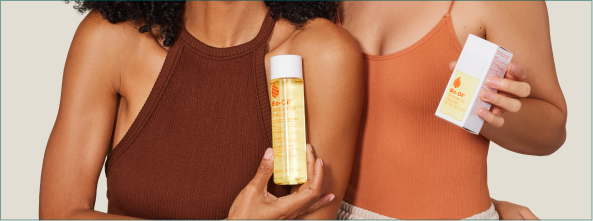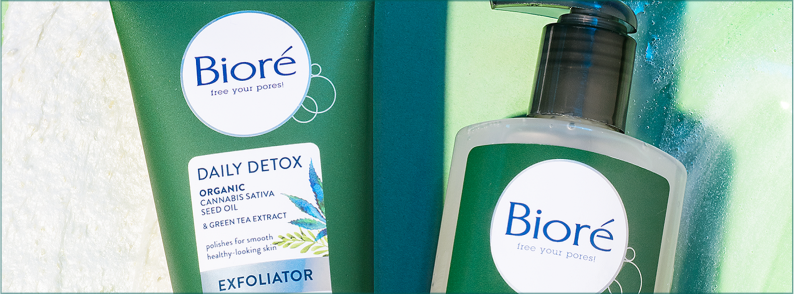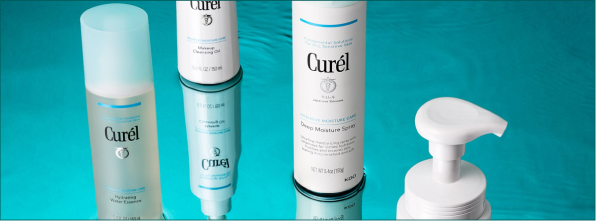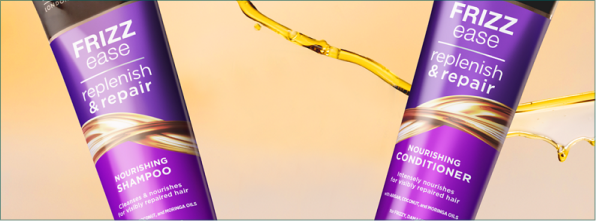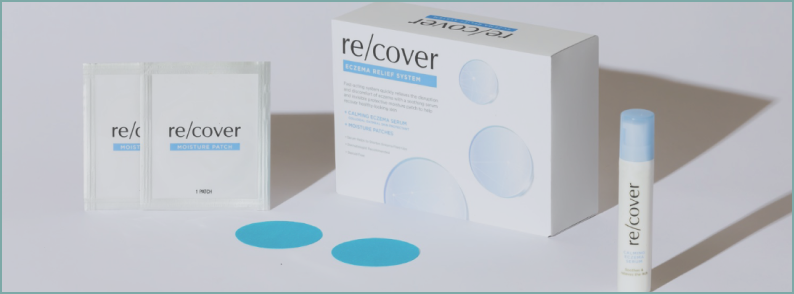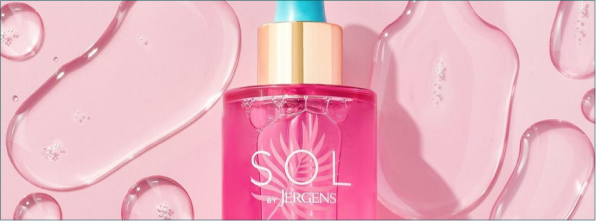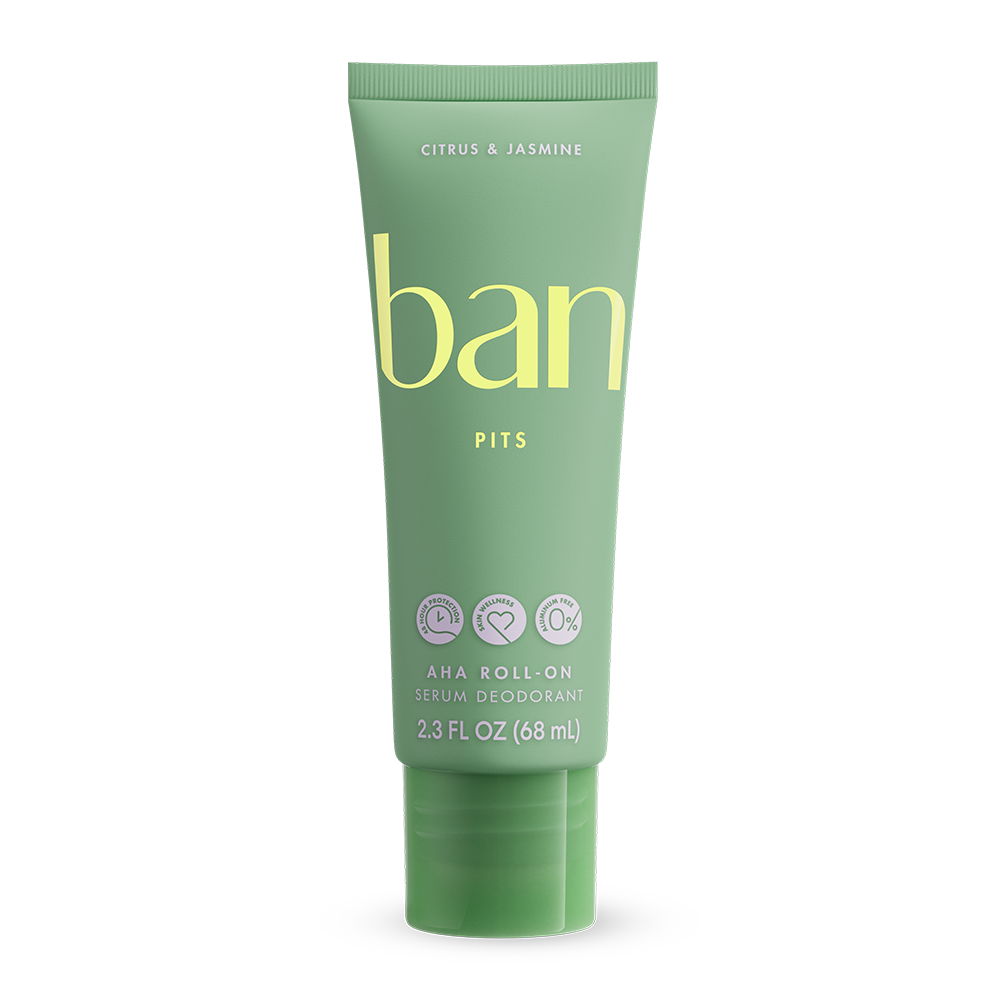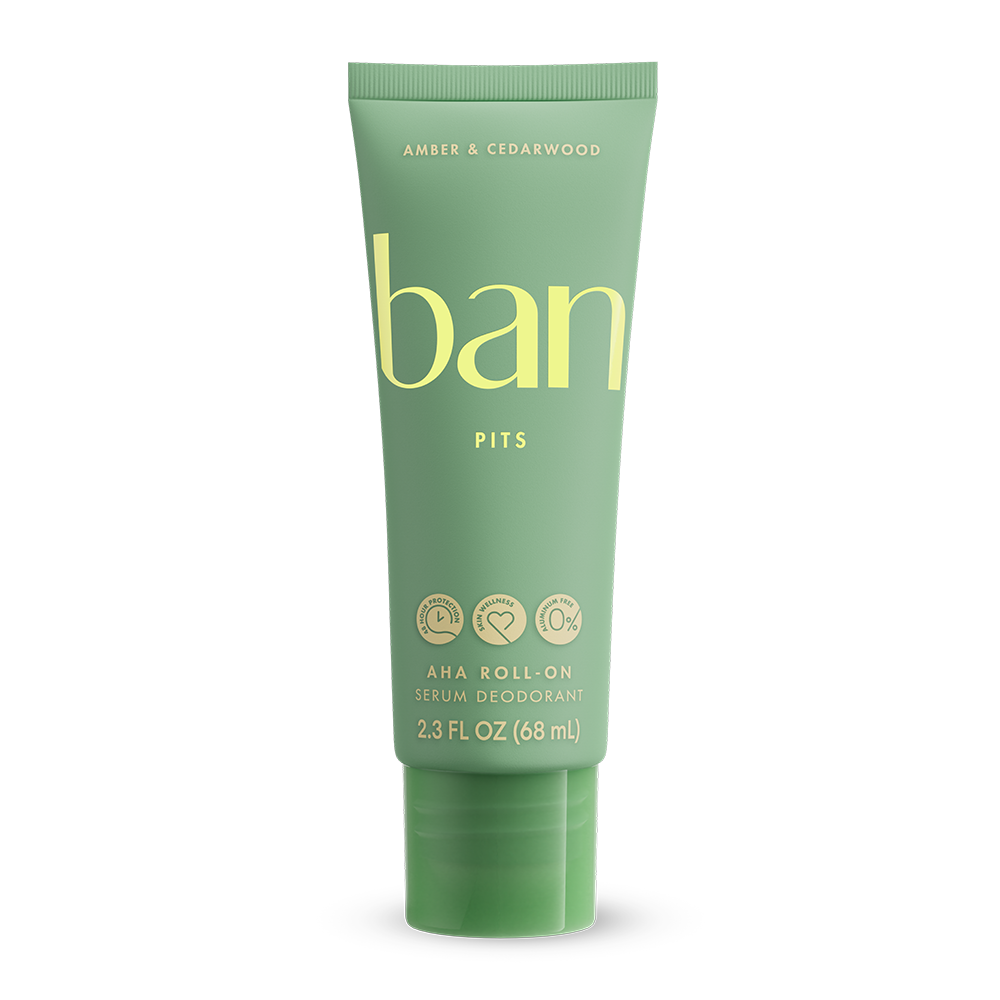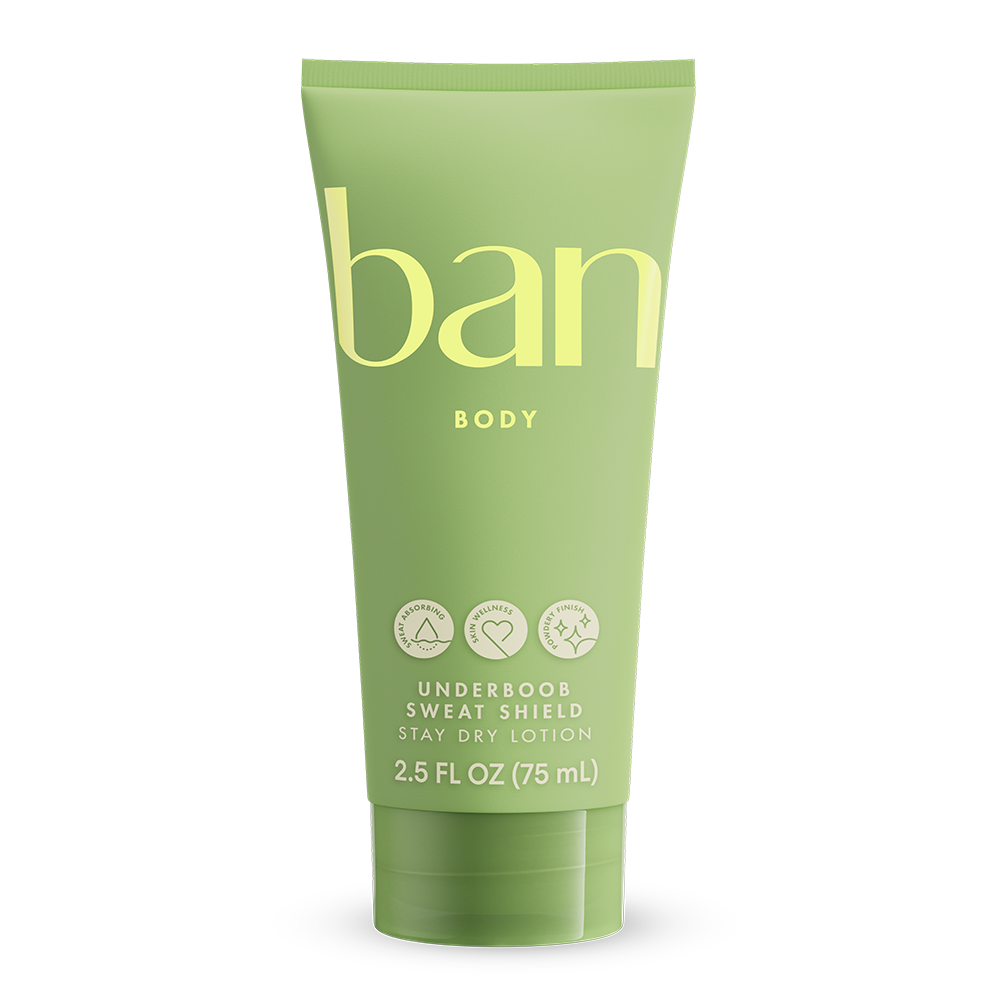Why Am I Sweating So Much? A Guide to Excessive Sweating
Learn about excessive sweating, its causes, and how to stop armpit sweating with deodorant and other quick tips. Find out when it’s time to see a doctor.
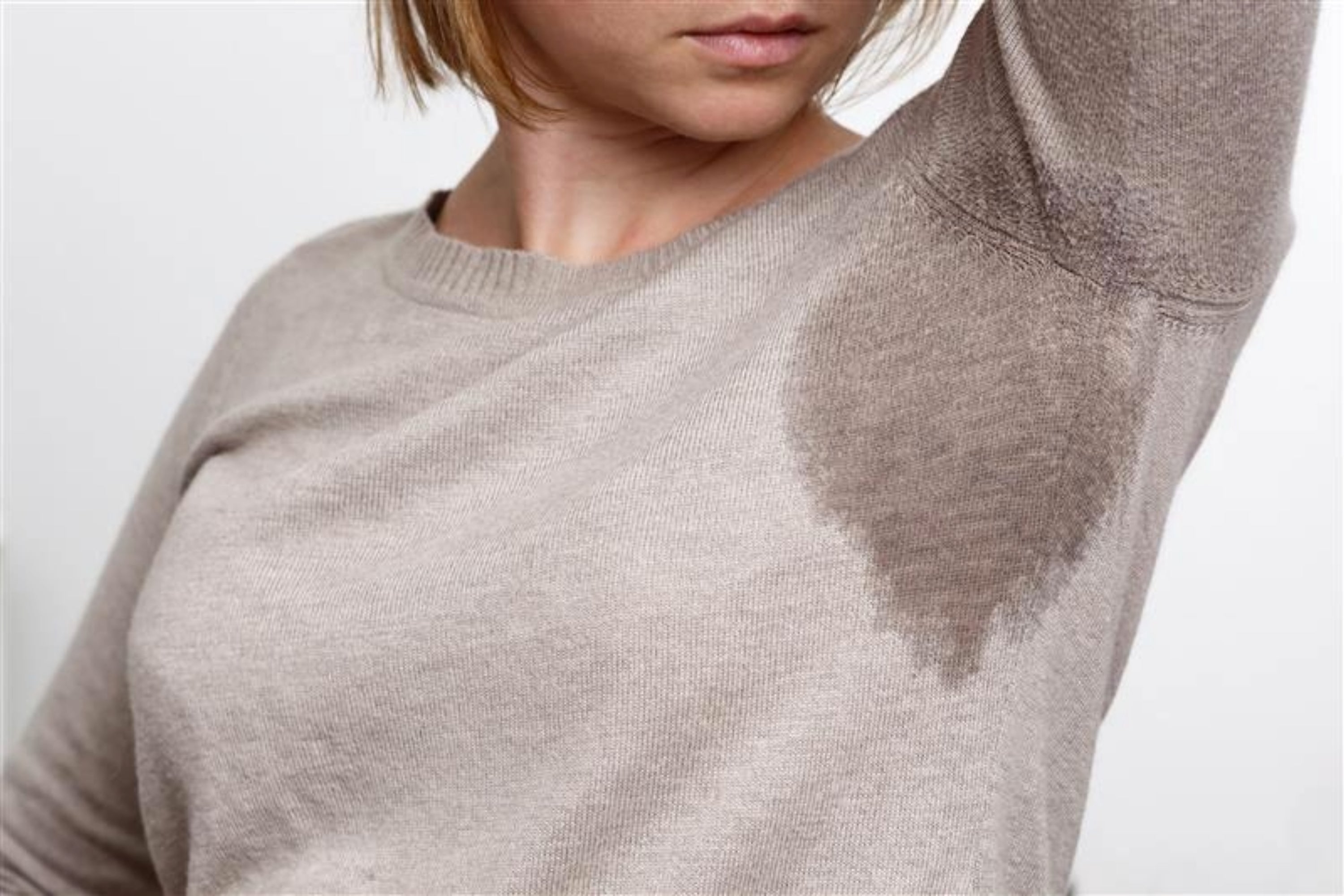
Everybody sweats. It’s a natural bodily function designed to regulate the body’s temperature and keep it cool. Life would be a lot more challenging - even dangerous - if we didn’t sweat, as the body would overheat, leading to serious health issues.
However, if you have noticed that you are dripping wet, even when inactive or undertaking slight exertions, it’s understandable that you would want to swat up on what causes excessive sweating.
This guide will examine the root causes of excessive sweating and provide some handy tips on reducing it during your daily routines.
We will also outline when sweating too much might signify something more serious.
Now, let’s explore what excessive sweating exactly is.
What is Excessive Sweating?
Excessive sweating is when the body produces sweat, even when the body doesn’t need cooling. It’s caused by overactive glands that aren’t functioning properly, leading to perspiration that is characterized as “abnormal.”
This condition has a medical name: hyperhidrosis.
The most common areas affected include the face, palms, armpits, and face, as these have more eccrine glands that produce fluid to regulate temperature. When the problem is localized to one area, it is known as primary hyperhidrosis.
Secondary hyperhidrosis is a form of generalized sweating that affects larger areas or all of the body, caused by a medical condition.
A normal level of sweating is healthy and good for you. If you engage in lots of activity at the gym or play a sport, it’s obvious that you will sweat a lot. This isn’t usually a cause for concern.
It’s also difficult to self-diagnose. Each body is different and can react in different ways.
What Causes Excessive Sweating?
If you have wondered, “Why do my armpits sweat so much even with deodorant?” you can examine your daily habits and routines to better understand what might be triggering it.
Sweating is usually a result of physical activity and other emotional and environmental factors. For example, you can sweat in hot conditions on crowded trains or ahead of an important job interview or public speaking presentation.
“The amount that people sweat can vary greatly between individuals, and can be affected by several factors such as age, body size, muscle mass, health status, hormonal changes, fitness level, diet, as well as outside temperature, and humidity,” Dr. Shadi Kouroush says.
However, some specific medical conditions and ailments can increase episodes of excessive sweating.
How medical conditions cause excessive sweating
Those who have diabetes are more at risk due to issues with blood sugar levels and the nerves that control sweat. Taking medication to alleviate some of the symptoms of diabetes can result in side effects of increased perspiration.
Thyroid disease can also cause excessive sweating. The thyroid gland is a very important body regulator, impacting our metabolism, energy levels, and body temperature, among other things. Changes in hormone levels can “trick” the body into producing more heat than necessary.
Increased perspiration is common during pregnancy and the menopause, too. Pregnancy is rife with hormonal changes, especially in the first weeks and months, some of which can raise the body’s temperature and lead to excessive sweating. Menopause is similar to changing hormone levels.
Other factors that can trigger sweats include genetics, diet, lifestyle, and emotional triggers. Certain foods, including alcohol, can affect metabolism and the nervous system, leading to heightened perspiration.
How to Stop Excessive Sweating
If you want to know how to stop excessive armpit sweating, don’t fear. There are steps you can take to manage perspiration.
1. Use better quality antiperspirants
Antiperspirants are your first line of defense in preventing sweat from ruining your day. Unlike deodorants, which just mask odors, antiperspirants actively block sweat pores, so less fluid comes to the surface. Opting for a high-quality antiperspirant roll-on will provide long-lasting protection.
2. Wear breathable fabrics
Upgrading your wardrobe with lighter, breathable fabrics will give your body a chance to breathe. Unfortunately, many fast fashion garments are manufactured cheaply, which can trap heat and increase perspiration. Wearing 100% cotton and moisture-wicking materials will keep sweat at bay for longer, especially during the summer.
3. Stay hydrated and eat well
Drinking lots of water is a healthy lifestyle choice, and it can reduce sweating by cooling your core temperature. Experts recommend drinking at least two liters of water a day. You should also switch out spicy foods and caffeine (and avoid alcohol) for a more balanced diet with fresh ingredients - at least in the short term.
Is Excessive Sweating a Sign of Something Serious?
Find yourself asking: What is excessive sweating a sign of? Don’t worry just yet.
Excessive sweating is not typically a sign of a serious condition. Millions of people struggle with perspiration, and it can usually be resolved or minimized by undertaking proactive and preventative measures.
However, there are times when excessive sweating may signal an underlying issue.
Conditions including diabetes, infections, hyperthyroidism, menopause, tuberculosis, and fever cause secondary hyperhidrosis. Cancers, including lymphoma and leukemia, can also trigger it.
Because there are so many potential triggers for heavy sweating, it can be challenging to know exactly what is causing it and why.
When to See a Doctor
If you are worried about excessive sweating episodes, we recommend seeking advice from a medical professional.
To better gauge whether your sweating is a serious issue, monitor your symptoms to define their frequency and severity. If it’s lasted over six months and isn’t getting better, or best practices aren’t helping, it’s probably time to see a doctor.
You should also seek immediate medical attention if excessive sweating is accompanied by other symptoms, such as pain in other body parts (chest, arms, throat, jaw) and a racing heart rate. Don’t take risks with your health. It’s always best to get a second opinion.

